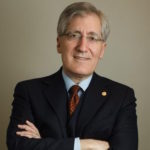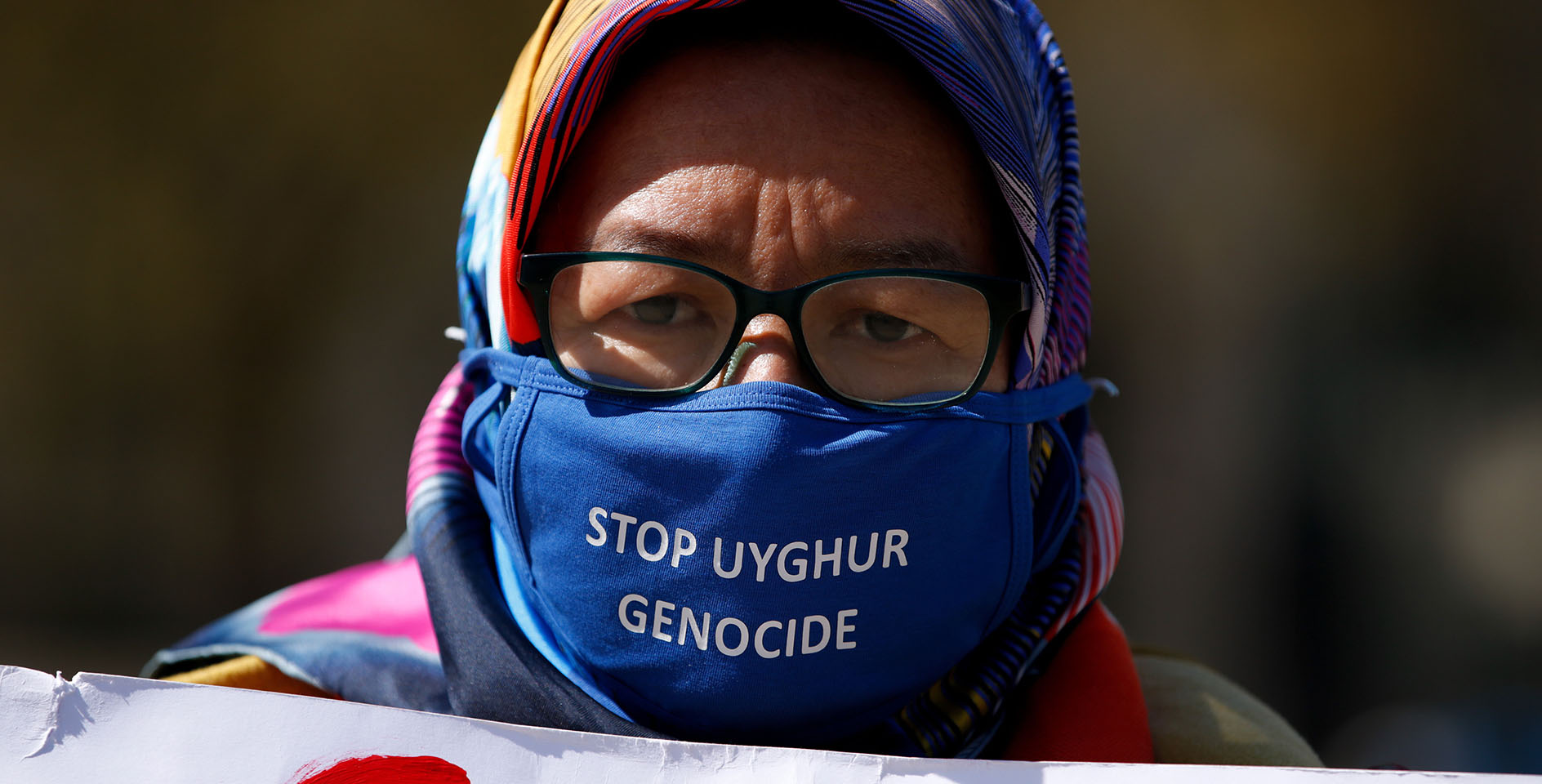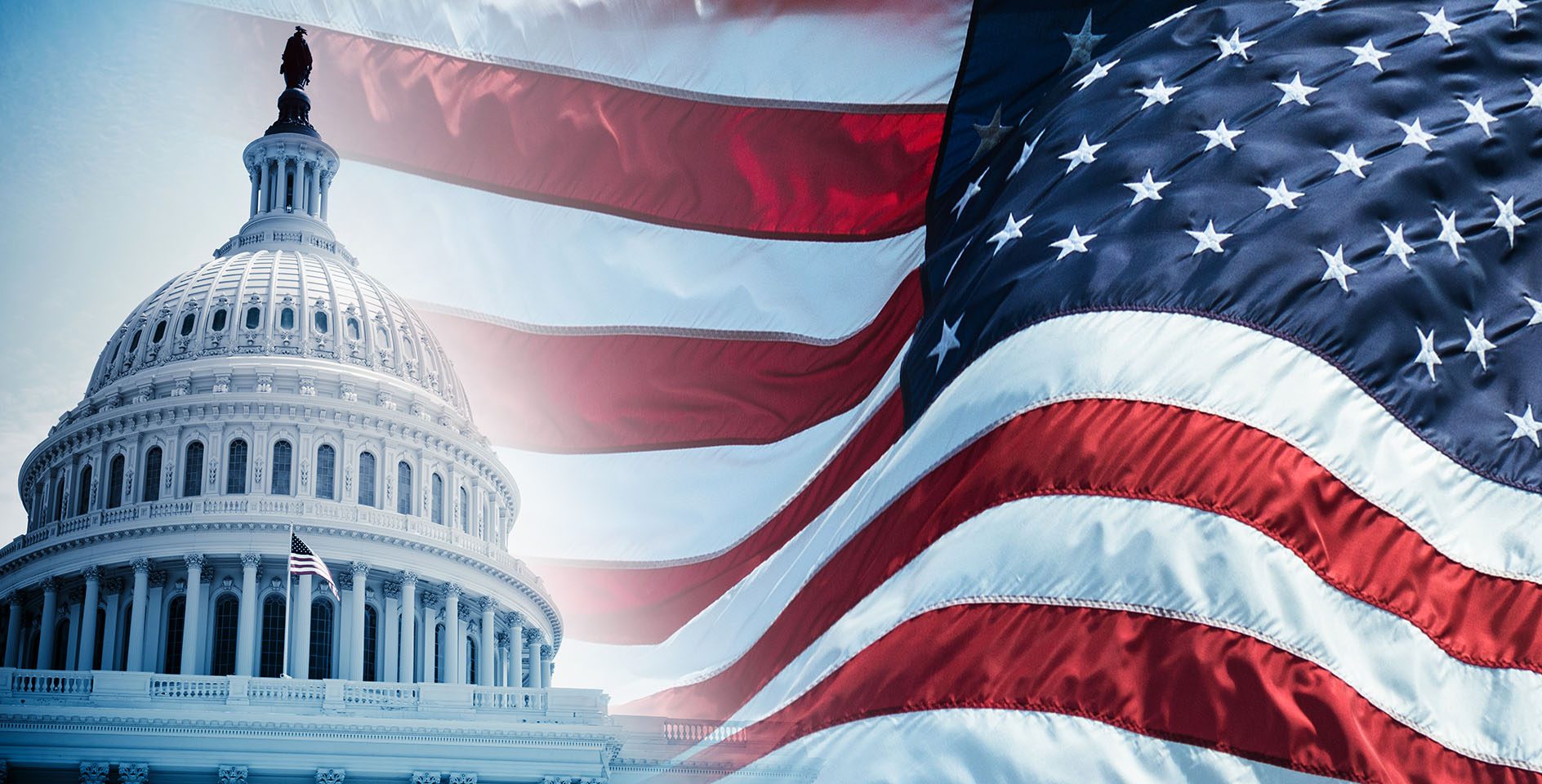Editor’s Note: This week, we’ll be running a three-part interview series featuring Robert P. George, McCormick Professor of Jurisprudence at Princeton University. A 2009 New York Times profile labeled him the “country’s most influential conservative Christian thinker.” He’s the author of such works as Conscience and Its Enemies: Confronting the Dogmas of Liberal Secularism; and Clash of Orthodoxies: Law, Religion, and Morality in Crisis, both necessary guides for discerning our times. Though I’ve never had the privilege of studying with him formally, Robert George has been an academic mentor to me from afar, one whose thinking has been immeasurably impactful.
ATW: What theologians, ethicists, or philosophers have been most influential to your own thinking and why?
RPG: Although I would scarcely qualify as a Platonist, the greatest philosophical influence in my life was certainly Plato. Reading his dialogue Gorgias awakened me from my dogmatic slumbers, fundamentally transforming my attitude about ideas, arguments, and intellectual life generally. It happened in an undergraduate course in political philosophy at Swarthmore, where I was an undergraduate. Before my encounter with Plato, my views were largely shaped by a desire to be, and to be regarded as, a sophisticated person. I tended to believe what I thought sophisticated people were supposed to believe. I was a skilled debater, so I knew how to defend my views; but I had never actually thought in a serious or critical way about most of the stances I took. Plato made me stop and rethink—or, to be brutally honest, to actually think through for the first time—quite literally everything. When I did that, I found that much of what sophisticated people thought, or were supposed to think, just didn’t hold up under scrutiny. By liberating me to reject fashionable elite opinion, Plato led me out of a kind of intellectual slavery into freedom. My debt to him is incalculable.
Substantively, my thought about philosophical matters (especially those pertaining to ethics and the social sciences) has been shaped most decisively by Plato’s student and critic, Aristotle. I do qualify, I think, as a neo-Aristotelian. I believe that ethical reflection begins with our intelligent grasp of principles directing choice and action towards various constitutive aspects of human well-being and fulfillment—the basic human goods that provide more-than-merely-instrumental reasons for our choosing and acting—and away from their privations, and that moral norms are specifications of the integral directiveness of these goods and reasons. As that sentence perhaps suggests, the other major philosophical influence on my work is Aristotle’s great medieval expositor and interpreter, St. Thomas Aquinas.
Among modern philosophers, I’ve learned an enormous amount from Bernard Lonergan, Elizabeth Anscombe, Germain Grisez, Joseph M. Boyle, Jr., John Haldane, Alasdair McIntyre, and my doctoral supervisors John Finnis and Joseph Raz. Religious thinkers and public intellectuals whose work and witness have been important to me include David Novak, Richard John Neuhaus, Charles Colson, Elizabeth Fox-Genovese, Leon Kass, Hadley Arkes, Daniel Robinson, Gilbert Meilaender, Timothy George, James Dobson, Hamza Yusuf, Jonathan Sacks, Jean Bethke Elshtain, and Mary Ann Glendon.
ATW: One persistent concern about those involved in the defense of marriage is the complexity of the arguments, and in turn, their general inaccessibility to the general population. What advice would you offer those who think our arguments are too complex?
RPG: I myself am not good at reducing complex ideas to sound bites. Someone else will have to be put in charge of that task. But I’m not sure that the basic argument for marriage is actually all that complicated. The argument for redefining marriage as something other than a conjugal union—that is, as sexual-romantic companionship or domestic partnership—collapses pretty quickly when one demonstrates that what Sherif, Ryan, and I call the “revisionist” account of marriage is incapable of providing a principled basis for any of marriage’s structuring norms—(1) the idea that marriage is a sexual partnership, as opposed to a relationship integrated around any of a variety of other non-sexual shared interests or activities (playing tennis, reading novels, or what have you); (2) the belief that marriage is sexually “closed” rather than “open”—thus requiring strict fidelity; (3) the proposition that marriage is the union of two people, and not three or more in so-called polyamorous sexual ensembles; (4) the idea that true marriage includes a pledge of permanence—“till death do us part”—and is not for a fixed term of years, or “for as long as love lasts.” Of course, to get an interlocutor to see this, one must first raise the curiously overlooked question in the debate—the question on which all else turns: What is Marriage?
Believers in “same-sex marriage” almost always are people who have uncritically come to believe that marriage just is a form of sexual-romantic companionship or domestic partnership. They lack any sense of the historic and cross-cultural idea of marriage as a conjugal union. So the key is to get the two possibilities out there clearly for people’s consideration. Then the question becomes, simply, which view of marriage can provide a principled basis for its structuring norms. At that point, the revisionist view is checkmated. From there, what remains is to flesh out the meaning of marriage as a conjugal (comprehensive, one-flesh) union, and answer the standard objections (such as the claim that the coitus of infertile spouses is indistinguishable from sodomitical intercourse). Much of our book is concerned with those tasks.
ATW: How would you explain the principles found within “What is Marriage?” to middle school students and younger kids? Or, perhaps I’ll ask differently: How can Christian (and non-Christian) parents equip their young children with a view of marriage that you’re promoting?
RPG: If ever there were a case when it is important to teach by both precept and example, this is it. Parents certainly need to model true marriage for their children. That’s because the main way we learn the meaning of marriage is by observing the marriages of others, beginning with our parents if we are fortunate enough to have married parents. Dads need to be good dads—and husbands. Moms need to be good moms—and wives. But given the false and destructive messages about the meaning of marriage kids are being sent by the culture, setting a good example will not be enough. From a fairly young age children need to be taught that marriage is the relationship that brings a man and woman together in a covenantal bond as husband and wife to be father and mother to any children that may come of their union. When teaching children about the birds and the bees, parents need to help their children understand that in the marital embrace a husband and wife truly (and not merely metaphorically) become one-flesh. Kids need to be taught that the body is not a mere instrument (as if persons were minds or spirits inhabiting “merely material” bodies), but is rather part of the personal reality of the human being. So bodily (sexual) union is truly personal union; and marital union actualizes and enables spouses fully to experience the reality and good of their marriage.
ATW: True or False: Biblical morality is human morality. Whether true or false, can you explain your view?
RPG: True. As the Eastern Orthodox Christian liturgy puts it, God is the lover of man. And love is no mere feeling: it is the active willing of the good of the other for the sake of the other. God wills the good for man—the human good, our good. His commands are not arbitrary dictates, unconnected to our flourishing or integral fulfillment; nor are they mere tests of our obedience or worthiness of heaven. God gives us his commands, rather, so that we can have life, and have it in abundance. That is why no truth of natural law—no moral truth—is out of line with the will of God. Every such truth—like every truth of every type—is God’s truth, in line with His willing of our flourishing.
Stay tuned for part two on Wednesday.
Robert George
Robert P. George is the McCormick Professor of Jurisprudence and Director of the James Madison Program in American Ideals and Institutions at Princeton University. He has served as a presidential appointee to the United States Commission on Civil Rights and as a member of the President’s Council on Bioethics. You can find him on twitter at @McCormickProf.
Andrew Walker
Andrew Walker is the managing editor of Canon and Culture. He also serves as the Director of Policy Studies for The Ethics & Religious Liberty Commission of the Southern Baptist Convention, the denomination’s entity tasked with addressing moral, social, and ethical issues. In his role, he researches and writes about human dignity, family stability, religious liberty, and the moral principles that support civil society. He is a PhD student in Christian Ethics at The Southern Baptist Theological Seminary. Andrew lives in Franklin, TN with his wife and daughter and is a member of Redemption City Church. You can find him on twitter at @andrewtwalk.










